























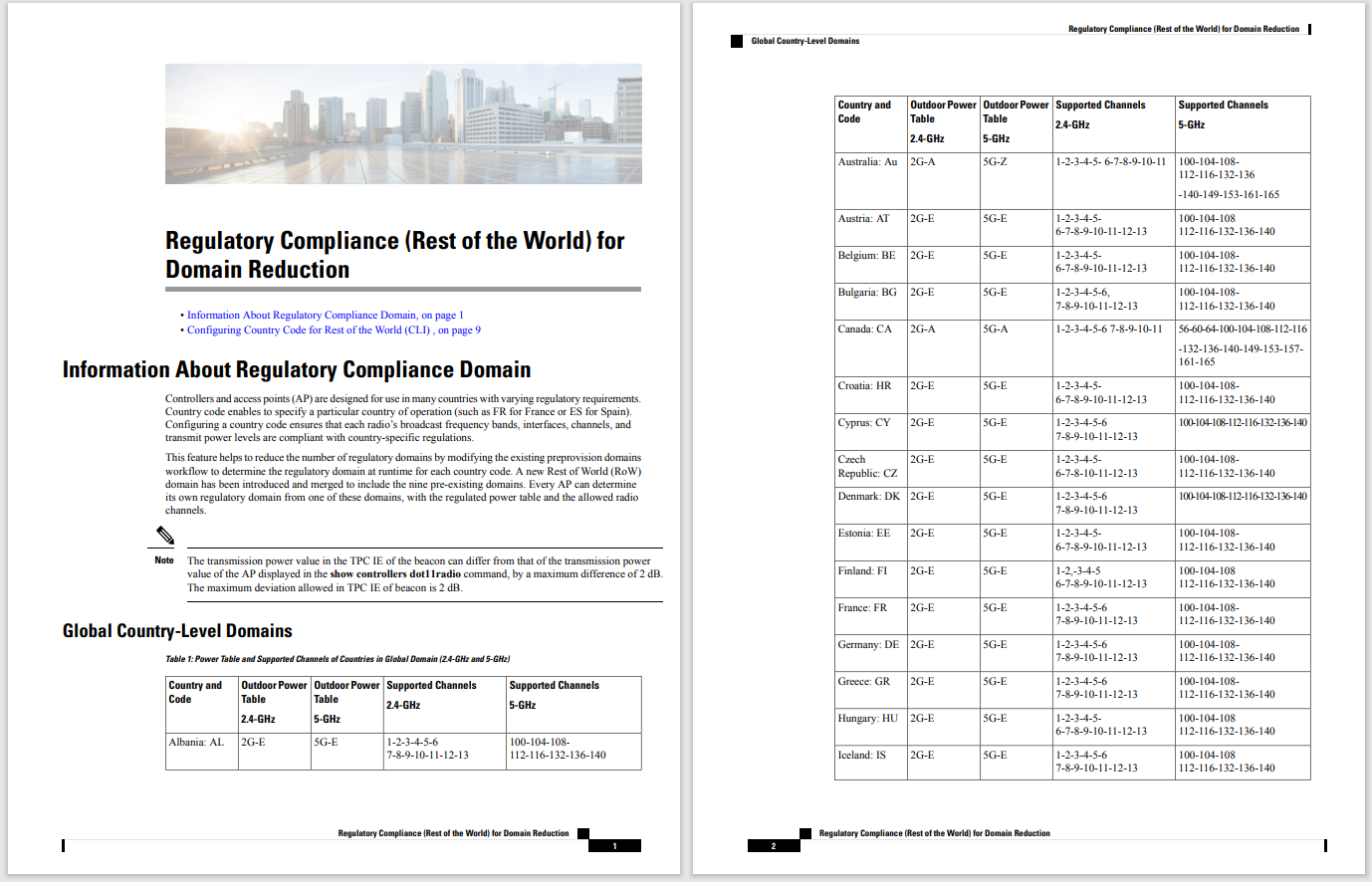
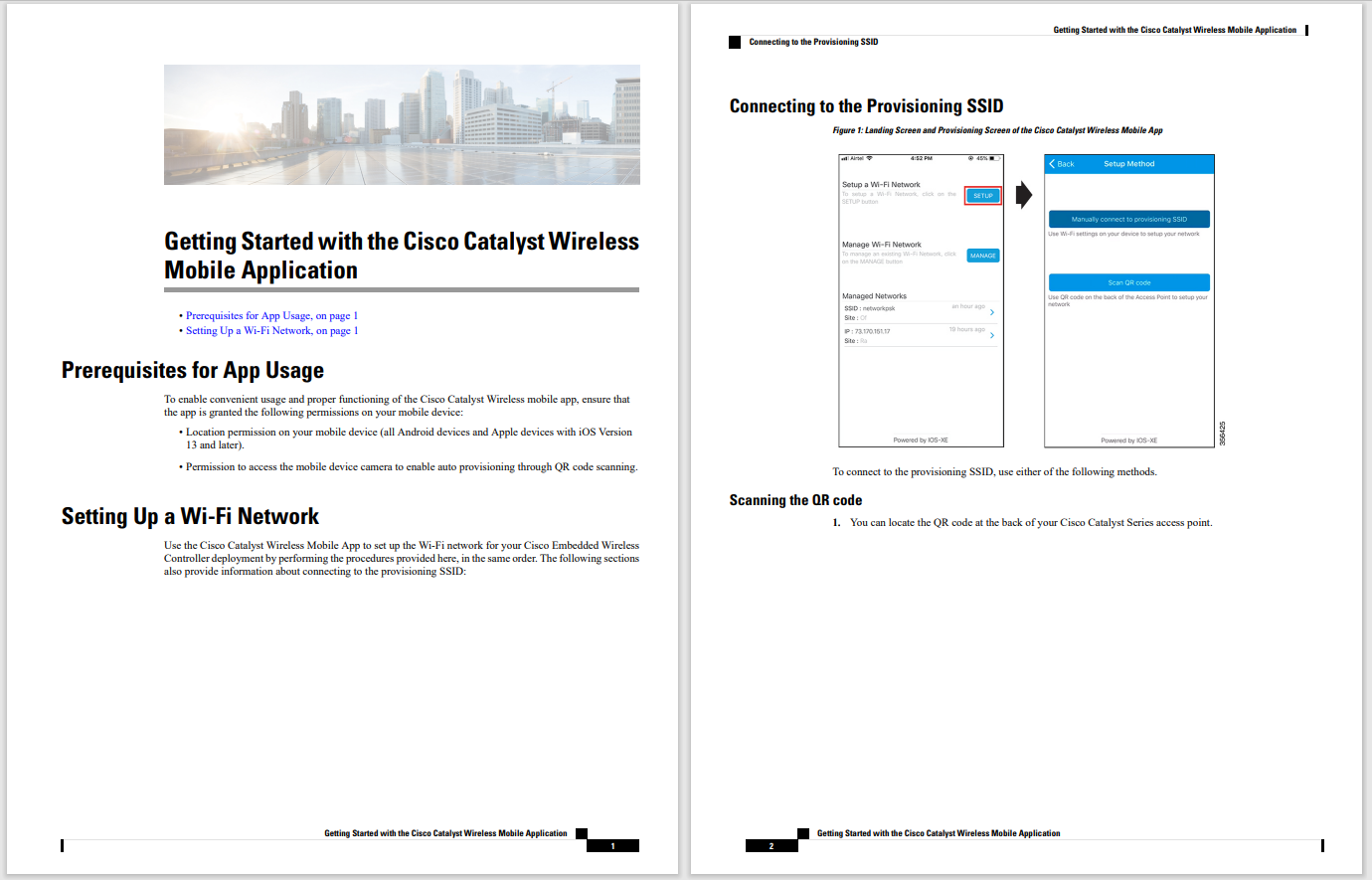

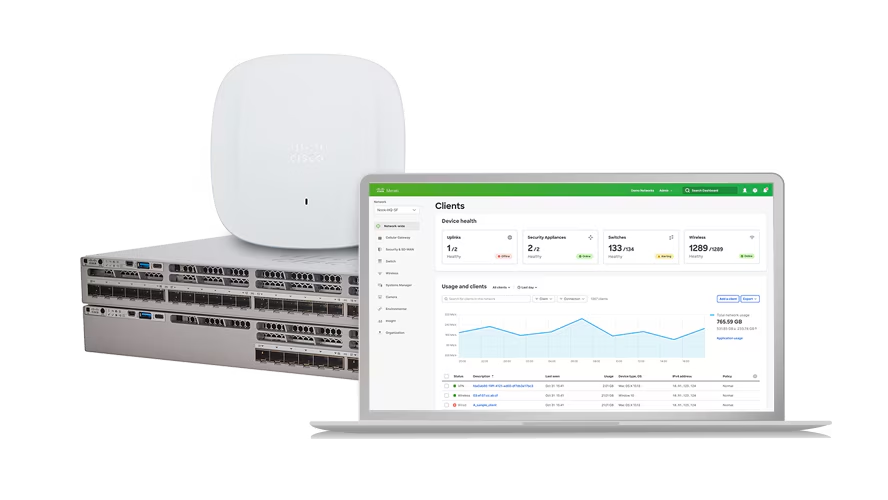
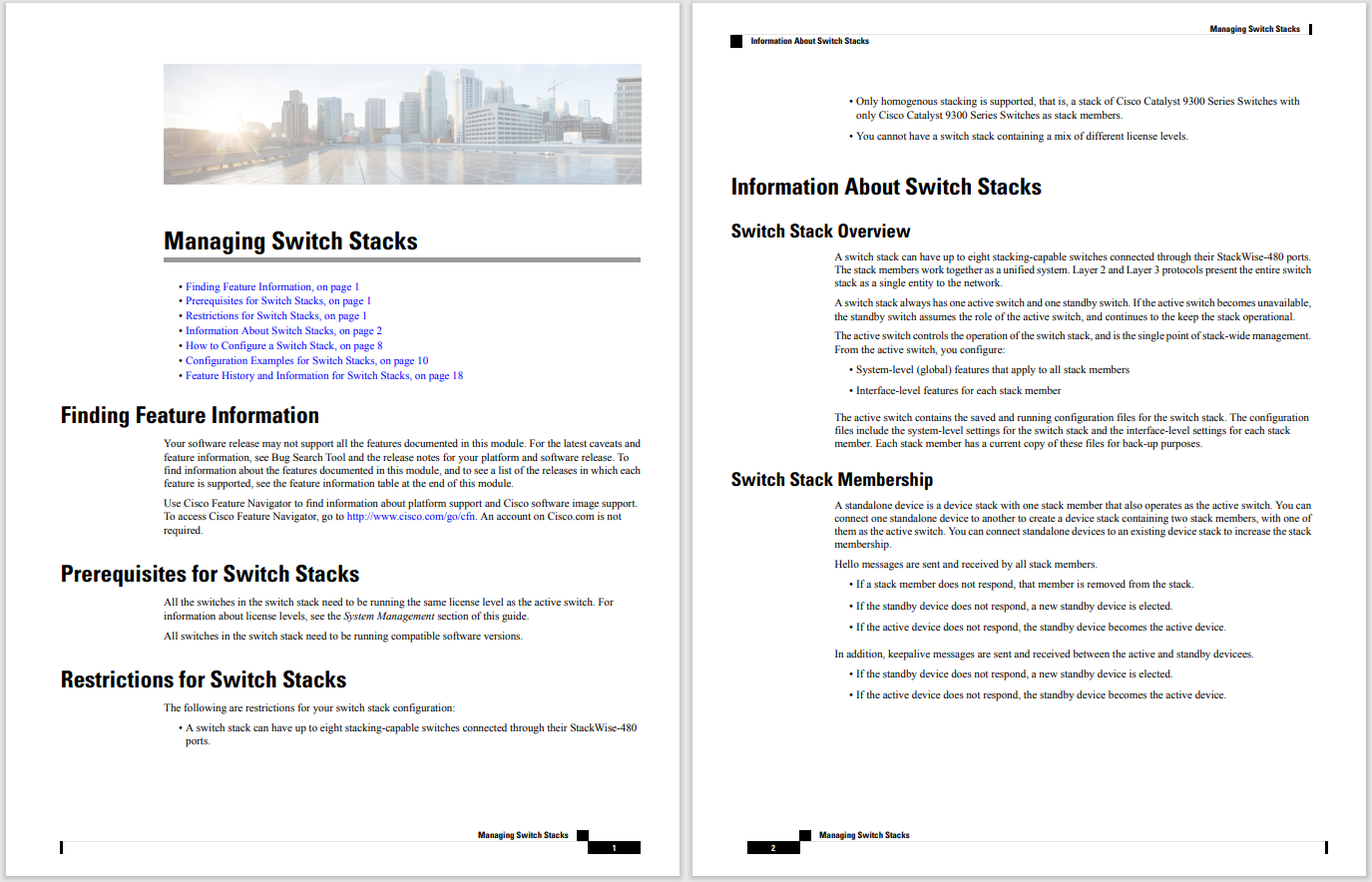
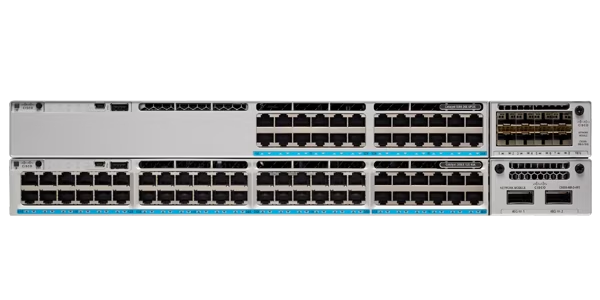


A good credit score (700+) might not be high on the priority list for most college students. But the average credit score for someone 18 to 24 years old is 679, which is only a "fair" score in lenders' eyes.
Credit reports and credit scores will play important roles in your life, and college is the perfect time to start improving them.
Your credit report is going to determine a lot for you. The misconception is that you're only going to need good credit way down the road -- such as when you're ready to buy a home, which can seem like an eternity away when you're in college.
However, your credit can impact you right now, determining your interest rate for student loans. Plus, if you're thinking about consolidating your loans after graduation, a good credit report could land you a better interest rate.
Also: The 6 best starter credit cards for no credit: Beginner credit cards
Employers can look at your credit report and score when deciding whether to hire you. And if you'll need a car to get to that job, you're going to need a good credit history to get an auto loan.
That post-college apartment? Odds are your potential landlord is going to look at your credit report to see whether you'd make a responsible tenant. Or the landlord may require an additional security deposit if have no or poor credit.
Besides those immediate needs for good credit, building a solid credit history early is going to give you a jump start down the road. According to FICO, 15% of your credit score is based on the length of your credit history. So the earlier you begin building your credit, the better off you'll be.
Used properly, credit cards can have a lot of benefits. Many offer some type of fraud protection, for example, unlike a debit card. Before you apply, research what is offered to know what's best for you.
The Credit Card Accountability Responsibility and Disclosure Act of 2009, also known as the CARD Act, makes it harder for anyone under 21 to apply for credit without a co-signer or proof of a full-time income. However, there are other options for a credit card if you can't qualify for a traditional one or get a co-signer.
A secured credit card is offered through banks and is associated with a savings account you have. You put a specific amount in a savings account associated with the card, and that amount is your credit limit. Often credit cards from a retail store or gas station have different restrictions, so they might be easier to acquire.
Besides a secured credit card or a retail or gas credit card, another option is applying for a credit card with a bank where you already have a checking or savings account. If you have a savings and checking account along with a history of not letting your balances go below the account minimums or getting overdraft fees, you might be more likely to get approved.
This is imperative, because 35% of your credit score is based on payment history. Consider setting up automatic payments to avoid a late payment. Set up an alarm on your phone, write it on your calendar, and enroll in text and e-mail reminders if available.
Just because you have a credit card doesn't mean you should live outside your means. You should only be charging everyday purchases you'd be making anyway, such as groceries, gas, cellphone bill, cable bill, or anything else you were already planning on buying.
Create a budget based on your income and expenses and stick to it. Pay your balance off every month to avoid debt accruing, paying interest, and hurting your credit.
This can lower your credit score since new credit inquiries make up 10% of your score. Instead, wait for a card with benefits and perks you can use, no annual fee, and a low-interest rate.
Take time to research benefits to each credit card, so you're not tempted to jump around and open a new account. It's recommended that you keep your oldest credit card open to show a long length of account duration, which benefits your credit. Closing an account may shorten your credit history and reduce your available credit, both of which can lower your score.
Regardless of the type of card you have, keep your balance something you can pay off every month to avoid paying interest and accruing debt. Since 30% of your credit score is based on the amount owed, so those big balances are only going to hurt you in the end.
To build credit, you have to use your card. Simply having a credit card won't build your credit alone. You need to have a payment history, so make a small purchase every now and then and immediately pay it off.
If you don't want to or can't open your own credit card account, consider asking your parents to add you as an authorized user on their cards. If they have good credit, you'll be piggybacking off their positive credit history, which can boost your score.
If you decide to live in an off-campus apartment, choose responsible roommates you can trust. Since your name is on the lease and you're paying utilities together, it will hurt your credit if they're missing payments or not turning in the rent on time.
Just like with credit cards, this is imperative. Missed or late payments from your Internet, cable, or cellphone bill can damage your credit report. Even things like doctor bills, unpaid library fees, parking tickets, or school fees not covered by loans could get sent to collections and harm your credit.
There are plenty of ways to be a good friend in college, but co-signing for anything should not be one of them. The second your friend misses a payment, your credit is negatively impacted. Regardless of how responsible a friend is or how secure their job seems, you can't control if they stop paying down the road.
Keep an eye on your credit. Annualcreditreport.com allows you to check your credit report from each of the three main credit reporting agencies once per year. Space it out so you're checking each report once per year.
Monitoring your report is essential in building a good credit history. You might see an account you didn't open or other suspicious activity that turns out to be identity theft. The sooner you report this, the sooner you can have it removed from your report and improve your credit history.
Besides identity theft, it's also a good idea to monitor for mistakes. There could have been a glitch in a company's system that reported your payment as late when it really wasn't, for example.
As mentioned above, applying for several new accounts at once can harm your credit. If you're looking for a private student loan or if you're shopping for a car, do your searching within a 14-day period. Anything within this time frame will count as one inquiry and harm your credit less.
Even if you know the people you live with very well, you don't have control over their guests when you're not around. Keep your Social Security card, bank account information, driver's license, and other important documents in a secure, safe place that people can't access.
When using a public computer or an unsecured wireless network, as is common in college, avoid paying bills, shopping online, or other activities that could leave you vulnerable to someone using your accounts or information to open their own account.
You may move multiple times while you're in college. Any time you move, be sure to change your address on all your accounts and with any bills you pay. You can also have your mail forwarded in case something slips by you. Bills going to the wrong address could mean missed payments, late fees, and a negative result on your credit.
Besides changing your address when you move, also be sure to cancel all your accounts associated with that address or remove your name from any accounts shared with roommates, such as utilities, cable, Internet, and of course, the apartment lease.
[This article was first published on The Simple Dollar in 2020. It was updated in July 2022.]
 Tags quentes :
Nosso processo
Financiar
Cartões de Crédito
Tags quentes :
Nosso processo
Financiar
Cartões de Crédito